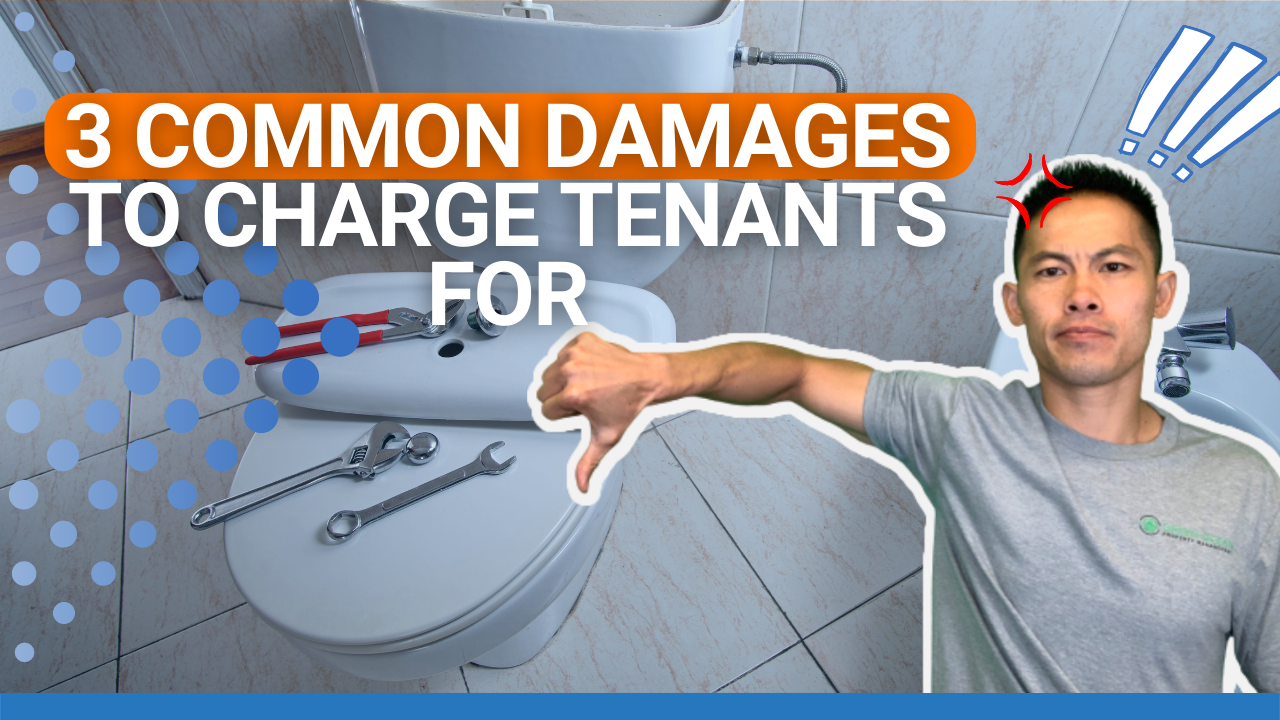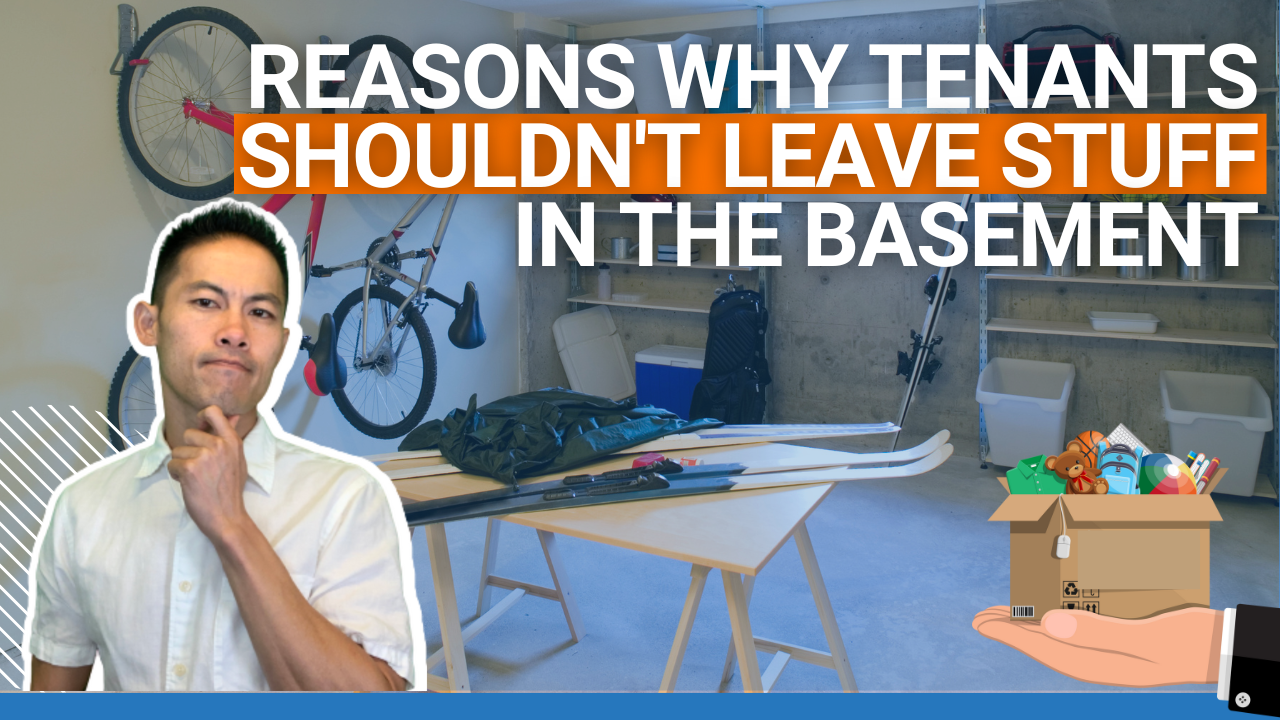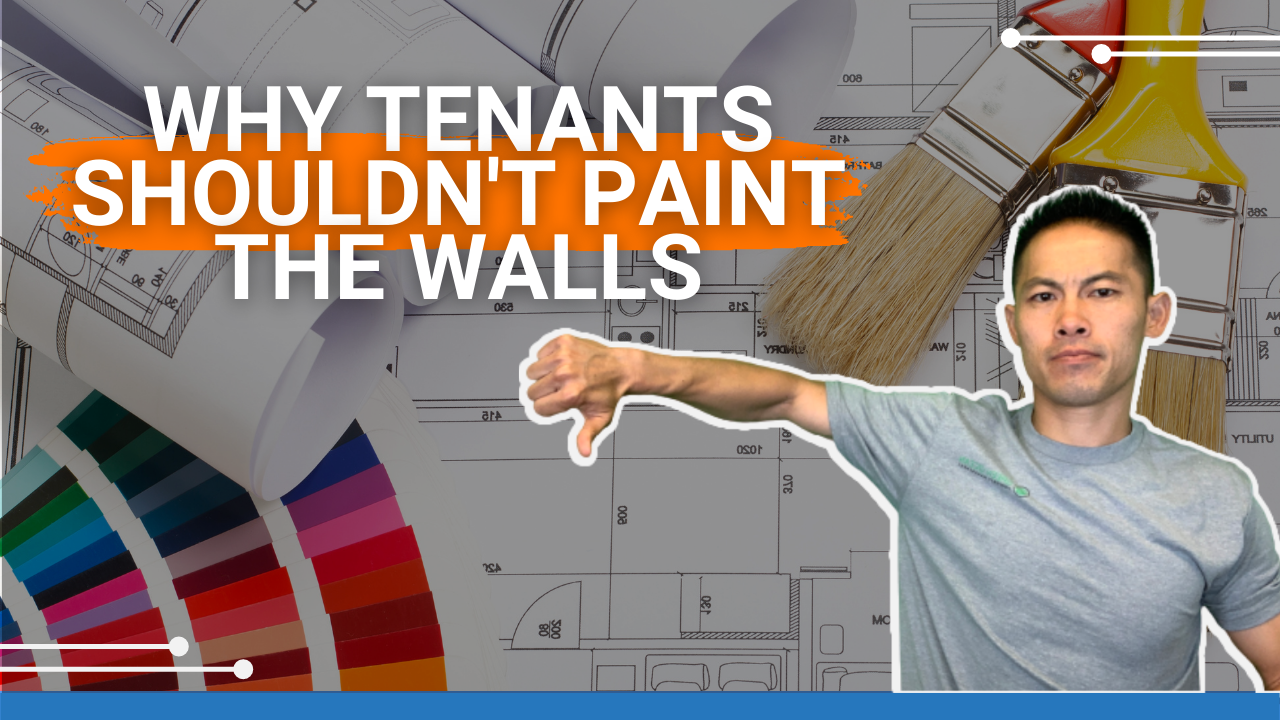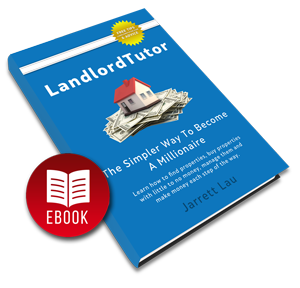
by J. Lau | Oct 5, 2022 | Prequalifying, Tenant Issues
Having pets in your rental units adds liability and costs. But there are still ways to manage your property and remain pet-friendly while minimizing your liabilities. Here’s how.
Should Pets Be Allowed in Rental Properties?

The typical answer is yes, but with restrictions and at a cost.
Pets are everybody’s best friend. But does everybody take care of their pets, and does the pet take care of the property?
We typically increase the rent by a certain amount every single month. In different states, they might allow you to take additional pet security. In Massachusetts, however, that is not allowed.
So, what we do is increase the rent for you to be able to make more income as a landlord. In addition, we add on inspections through the property to ensure that the pets are “taking care of the place” and that nothing is being damaged in your unit.
How to Make Your Property Pet-Friendly

My property management company has a pet lovers guarantee and screening application process for tenants with pets.
Aside from the walkthrough inspections, make sure that you have restricted breeds. That means your property insurance should say you are not allowed to have certain breeds on the property, such as Dobermans or Pitbulls.
You should also limit the pet’s size and weight. It is usually limited to 25 pounds, typically restricting bigger breeds.
When the tenants go through the pet application process, you can also charge them for monthly damage protection.
Doing these will make you stand out because most landlords won’t allow pets in their units. We respect that, but there are still ways to make any unit pet-friendly while protecting it from any possible damage.
The Landlord Tutor Promise
To know more about managing pet-friendly units and whether you should allow pets, join the Landlord Tutor community and sign up here.
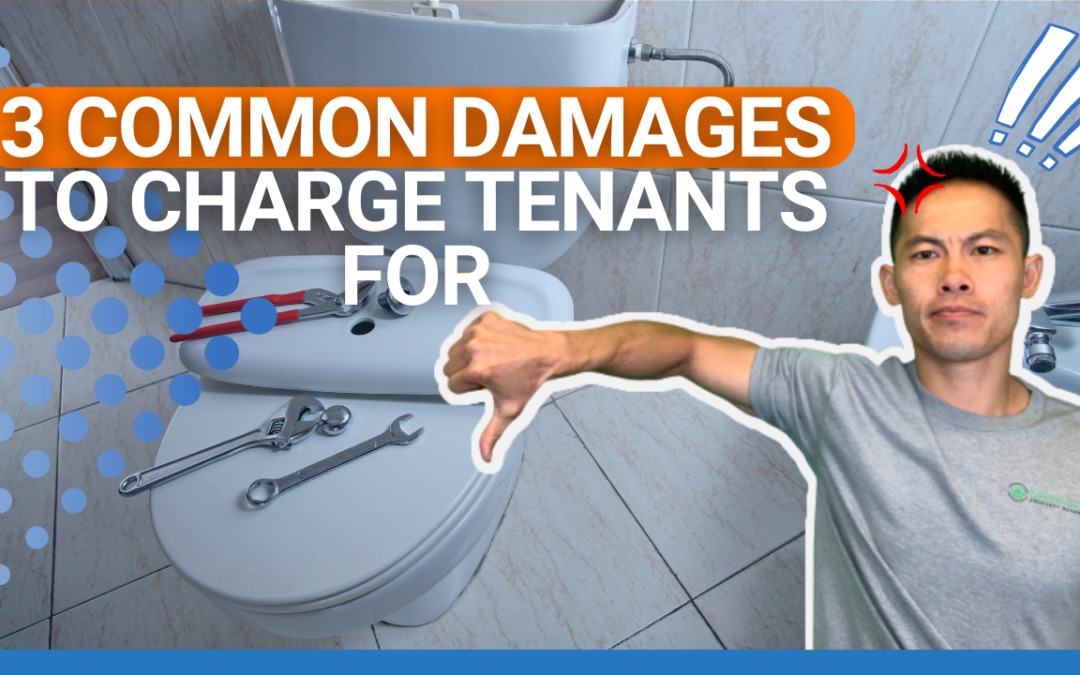
by J. Lau | Aug 29, 2022 | Insurance/Protecting your asset, Property Maintenance, Tenant Issues
Over the years, we have worked with countless landlords for hundreds of properties. We help our landlords earn and save money, but we also hold our tenants responsible for certain damages they cause.
Here are the three common damages that you can charge tenants.
Why We Charge Tenants
As a proactive property management company, we always look out for our landlords’ best interests. We think of ways to save our landlords money.
But, most importantly, we hold our tenants responsible for their actions and the damages they incur.
3 Areas Where Tenants Pay for Damages
Whether you’re a small-time landlord or own several properties you rent out, there’s always something tenants can do that will cost you money.
As an overview, these are the three most common damage you should charge tenants for.
1. Clogged toilets
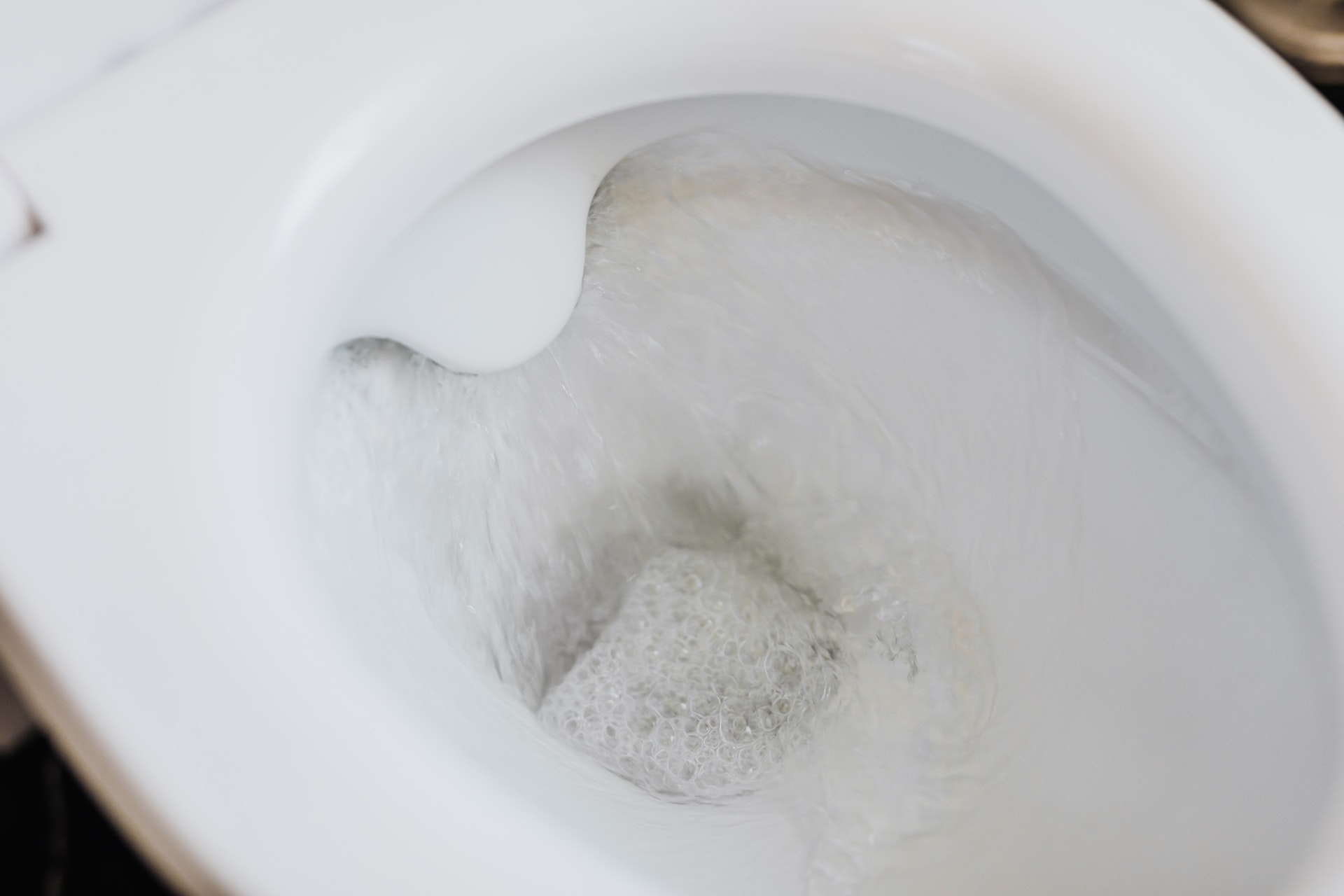
As part of our regular property inspections, we always ensure that the bathrooms are in good condition, especially the toilets and their flush.
But sometimes, tenants will flush something on purpose or by accident which can cause clogging. The most common bathroom items to be flushed down the toilets are toothbrushes, tampons, or toilet paper.
Of course, if they call us about clogged toilets, we come over and fix them. But we bill them back for the charges as stated in the lease.
2. Backed-up sinks
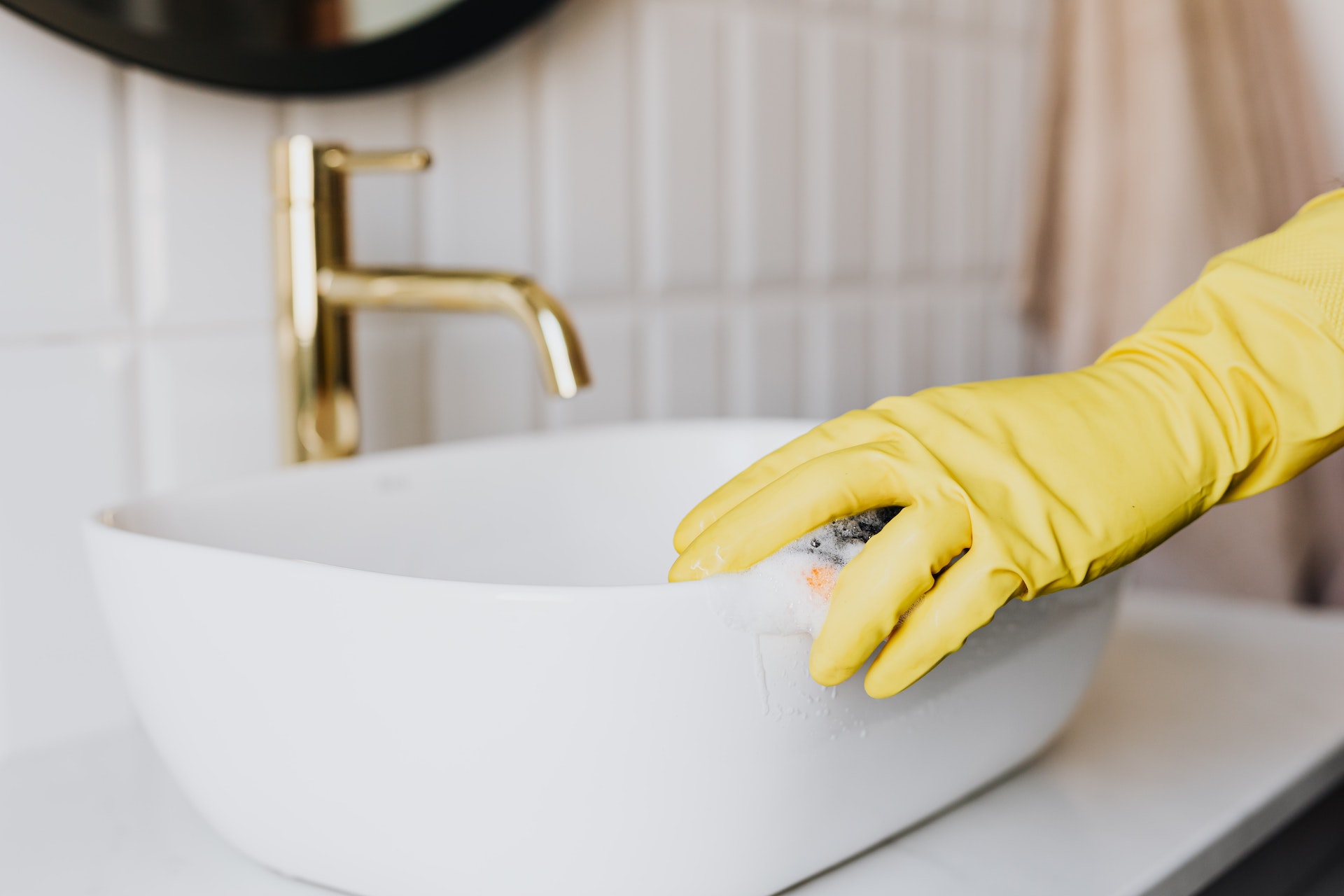
Kitchen and bathroom sinks are also prone to damage. Most kitchen sinks also have disposal.
This makes kitchen sinks likely clogged by bottle caps, oil, or leftovers flushed down the drains, causing backups.
Since sink backups are caused by things that can be prevented, it is something that tenants are responsible for. So for disposal cleanup or repair, we will bill tenants for the costs.
3. Repainted walls
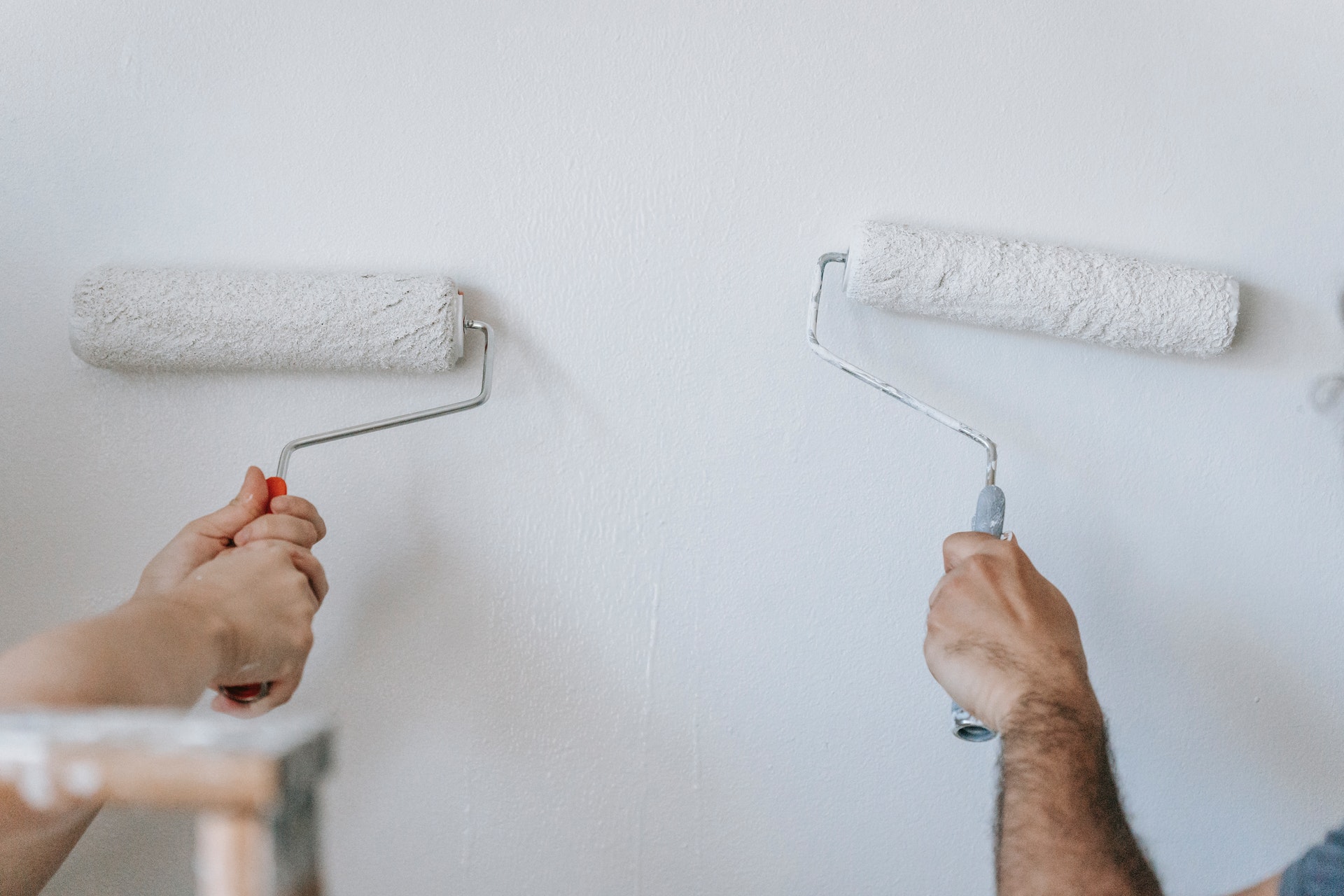
To save on painting costs, we typically use the same paint color in all of our properties. Doing so makes it easy for us to know when tenants change the wall paint.
If they paint the walls, they must change them to our standard color. The paintwork must be done by professional painters who would charge a set price which we would then send the bill to the tenant.
So tenants know how much the painting costs would be, and we include this in the lease. They must get our approval in writing if they want to change any paint color.
If they didn’t seek our approval and the paint is unchanged when their lease expires, we will still charge them when we have the walls repainted.
The Landlord Tutor Promise
To know more about holding your tenants accountable and minimizing your expenses, join the Landlord Tutor community and sign up here.
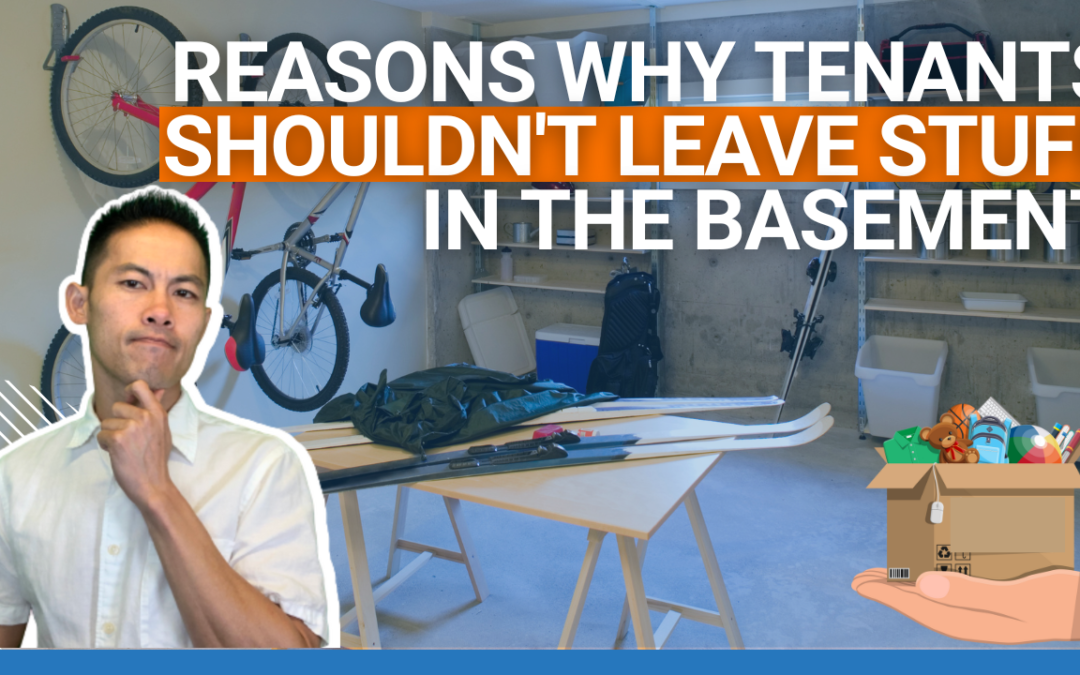
by J. Lau | Aug 4, 2022 | Being A Landlord, Tenant Issues
Common areas, most especially basements, should be free from any stuff owned by your tenants. In this article, we give you reasons why not allowing tenants to leave their belongings in the basement prevents you from dealing with complaints and liabilities in the future.
Managing Common Areas in Multi-family Properties
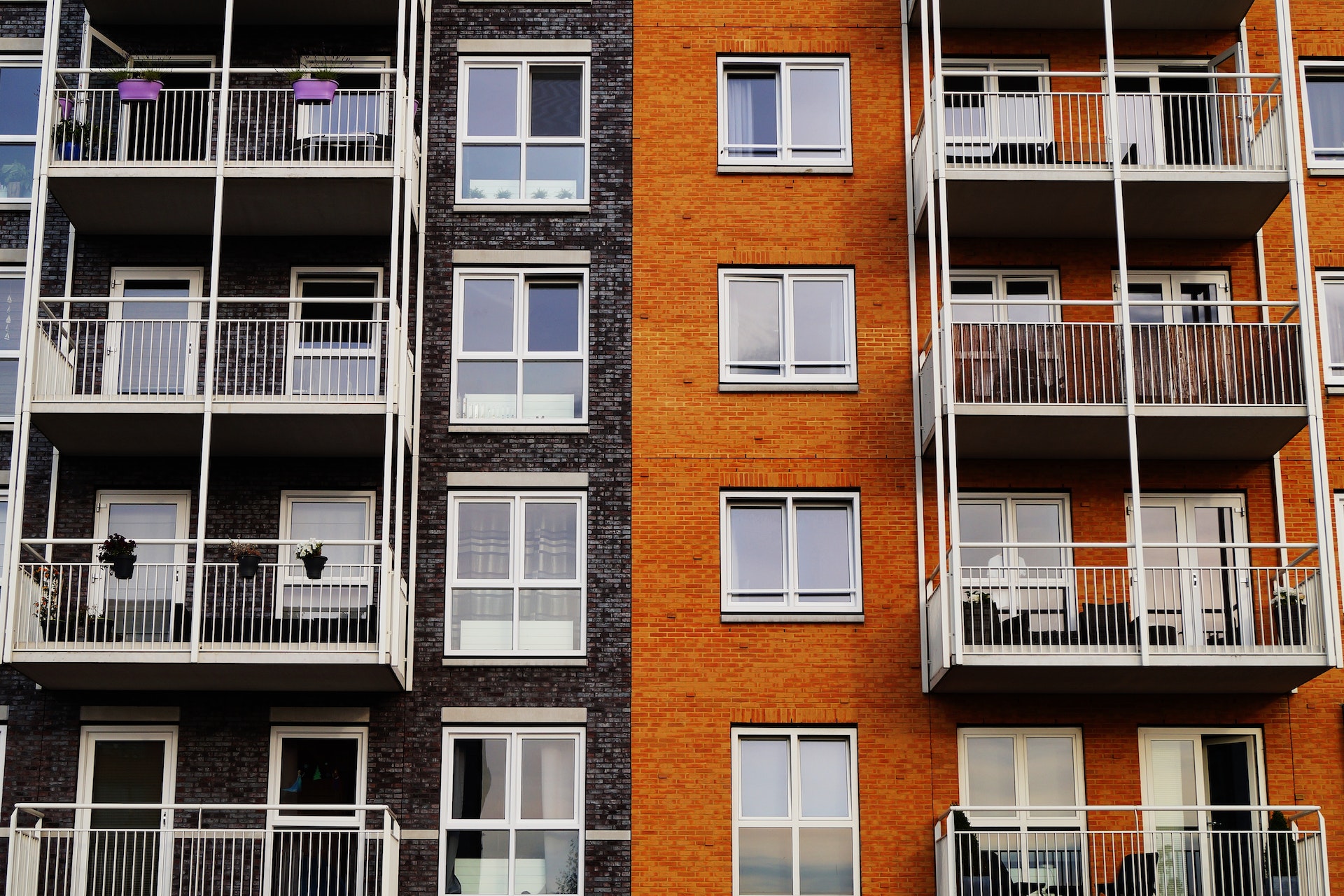
Across greater Boston, I manage hundreds of multi-family properties. And multi-family properties have lots of common areas that must always be clean, organized, and safe.
Common areas are areas that anyone renting in your multi-family property can use. Depending on your property type, common areas can include the pool, stairwells, garden, mail area, and basements.
But landlords always ask, “Should we allow tenants to leave personal belongings in the basements?”
The answer is NO.
No Personal Belongings in Basements

It is important for tenants to know their responsibilities regarding the common areas of the property.
But here are the reasons why we do not allow tenants to leave or store their belongings in common areas, particularly the basement.
1. It opens you up to liabilities and complaints.
Basements are prone to mess, so it is necessary to clean up later on. Year after year, we see tenants leaving things in these basements, which can result in their stuff:
- getting flooded
- getting stolen
- causing fire hazards when placed close to boilers or hot water tanks
What’s worse is we get blamed for these mishaps. But these liabilities and complaints can all be avoided with a simple “No Personal Belongings in the Basement” section in the lease.
2. It takes up storage space that the property owner could be using or paying for.
While it is understandable that tenants may need a place to store some of their stuff, it can become a problem sometimes.
You see, if the tenant leaves any possessions in the basement, it means that the property owner doesn’t have access to that storage area anymore. During this time, the property owner may also be unable to collect income from renting out that storage space.
3. If you don’t get rid of it, it will keep building up.
Tenants can be notorious for bringing possessions with them to their property. When you think about it, the basement is one of the most convenient places to leave things.
From a tenant’s perspective, if you don’t want to bother taking your things upstairs or to your unit, you can put them in the basement where they will remain out of the way until you need them again.
But this convenience of having stuff out of the way can make more things pile up easily.
How to Keep Tenants’ Stuff Off the Basement
With every single one of our leases, we put a section that states no personal belongings are allowed in the basement. However, we still want to provide some sort of storage space as an added value for our tenants. Plus, it presents an opportunity for your to make more money as a landlord.
In any multI-family with a basement, we will typically walk down into the basement to see if this is an area where we can build storage bins. Then, we rent out these storage bins to the tenants.
That way, it’s a win-win: the tenants get a storage space for their stuff, and the landlord makes additional income for while everything is kept clean and organized.
The Landlord Tutor Promise
To know more about being proactive and forward-thinking to solve problems such as tenants who leave stuff in the basement, join the Landlord Tutor community and sign up here.

by J. Lau | Jul 22, 2022 | Tenant Issues, The Rental Process
Whether or not managing properties is new to you, you might have heard about leases (fixed term) and tenancy at will (month-to-month).
Learn the differences between these two forms of rental agreements, so you always know what’s best for your tenants and investment property.
Lease vs. Tenant-at-will

A lease is an agreement outlining the conditions of tenancy between a landlord and a tenant. stipulating the terms of tenancy.
This type of agreement usually lasts for a specific period. A typical lease is one-year with 12 monthly payments.
Tenancies at will are month-to-month agreements with no set length of time, as long as the tenant pays the rent.
The tenant can stay for 30 days and only has to give 30 days’ notice to leave. That notice to leave the property can also come from the landlord.
If the lease expires and the tenant does not leave but continues to pay the rent, it would automatically become a tenancy at will.
This is not an ideal situation for most landlords since there is no security of consistent income from the rent payments. But it happens.
The Pros and Cons of Leases and Tenancy at Will
It is typical and safe to do lease agreements. Leases mean a consistent amount of money coming in for a more extended period.
However, a tenancy at will has its merits in certain circumstances, such as:
1. When the property is newly acquired
If you acquire a new property and don’t know what the current tenants are like, it might be good to keep them at tenant at will for a while.
That way, it will be easier to issue a 30-day notice should you find them not the kind of tenant you want.
2. When you want to increase rent
Technically, increase your rent every single month if you give that notice. It’s very unlikely you get to do it with no complaints, but you do have the flexibility to increase rent without having to wait for several months.
3. When you want to renovate or sell
You might want a renovation or need to sell the property asap. With this, a tenant at will comes in handy because you can get a tenant out easier and faster rather than having them for a longer time if they are on a lease.
The Landlord Tutor Promise
To know more about which type of lease agreements are more beneficial for you, join the Landlord Tutor community and sign up here.

by J. Lau | Jul 15, 2022 | Emergencies, Property Maintenance, Tenant Issues
Leaks and water damage can happen anywhere or be completely hidden from plain sight. Here are the ways to spot hidden leaks so you can start to fix and prevent further need for repairs.
Why are leaks so common?
Everything ages with time. In a home, this includes roofs, gutters, downspouts, toilets, and faucets. When these get old, they eventually start to malfunction and cause problems.
In many multifamily homes or condos, plumbing problems are also common.
Most leaks aren’t visible and aren’t easy to notice right away. That’s why they’ve been known to create damage in your home that isn’t easily noticeable at first.
How to Spot Leaks
When leaks are discovered, homeowners need to seek professional help quickly to prevent further damage.
Here are some ways to get started on spotting hidden water leaks:
Look for the leak source
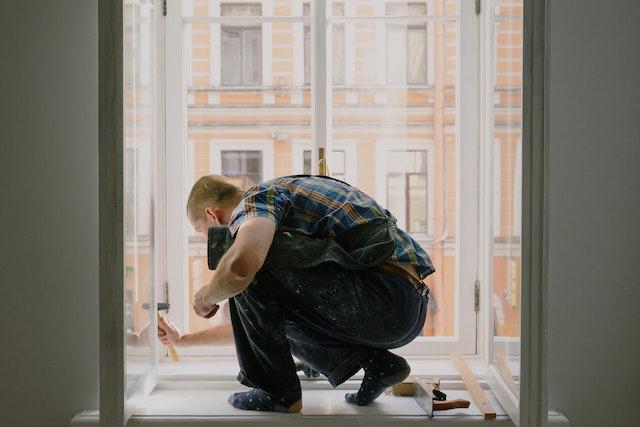
If you don’t know where it’s coming from, you won’t be solving the main problem. You can check these areas first, where leaks are more than likely to occur:
- kitchen
- bathroom
- roof
- attic
- chimney
Sometimes, though, it doesn’t have to be a room in the home. So you should also double-check window frames, ledges, or gutters because these may be clogged out.
Look out for the plumbing
Kitchens and baths in buildings are usually above each other. The most common leaks also come from toilets, bathroom tubs, or shower drains.
So for a leak in one unit, many times, we have to open up the ceiling of the unit below it to take a look and test the leaks.
When testing the plumbing on buildings, you have to do so one at a time. You don’t want to test them simultaneously because sometimes they funnel into one drain, and you won’t be able to figure out the source of the issue.
Also, remember that stack pipes can be a harder issue because you have to open up walls vertically in order to access and see that.
Invest in equipment
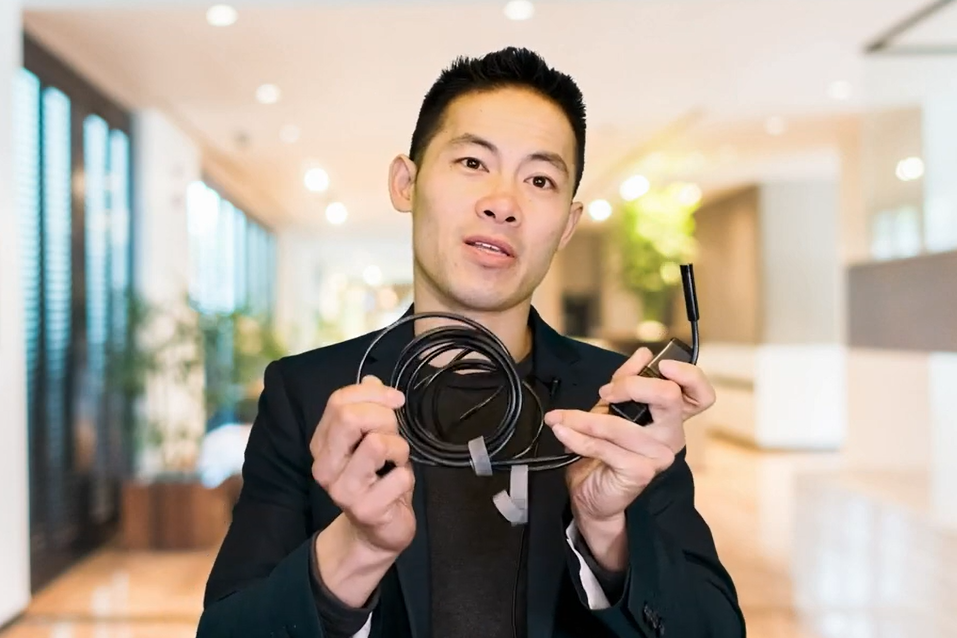
If you have a leak in your house, you must find the source before calling a plumber or starting to tear things apart. A video camera is a great tool that helps you do that.
With a video camera, I can find where the leak comes from without taking apart too much stuff. It only requires me to poke a little hole through a wall so I can locate the leak source even within the walls but not create too much wall damage.
The Landlord Tutor Promise
There are different types of leaks that can occur. But because I have been managing properties for over twenty years, solving leaks is something I do on a daily occurrence.
If you would like to know how to efficiently and cost-effectively spot and solve property issues such as hidden water leaks, join the Landlord Tutor community and sign up here.
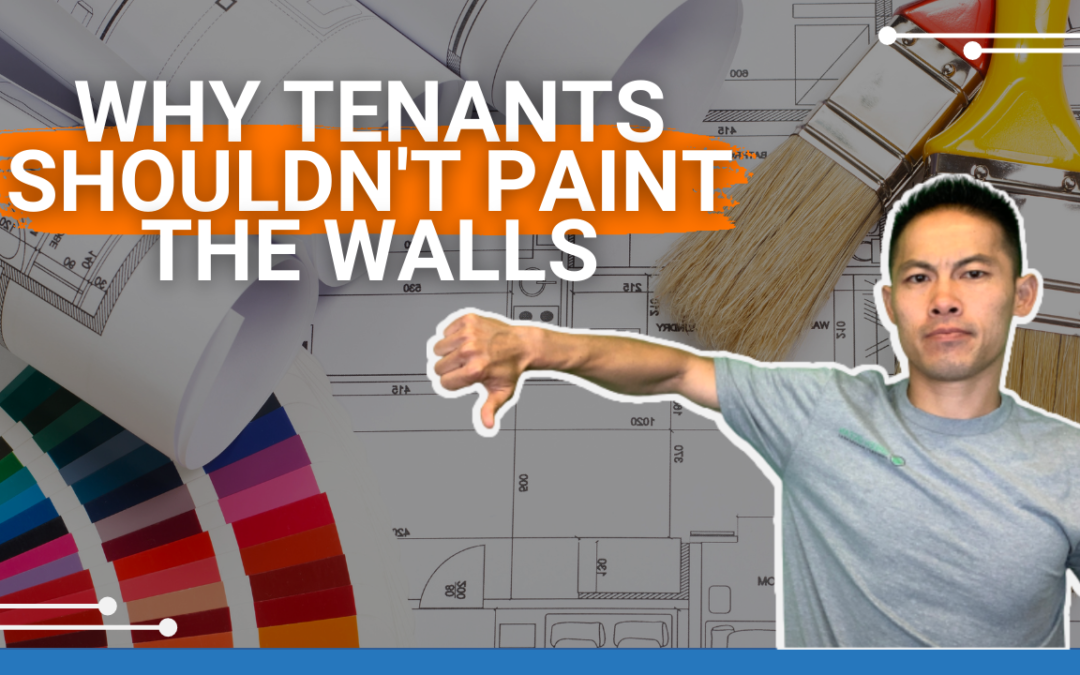
by J. Lau | Jul 13, 2022 | Property Maintenance, Tenant Issues
With just a little paintwork, tenants are more than ready to paint the walls and turn their space into what they can call their own. But any renovation or maintenance project should be taken care of by the landlord.
As your Landlord Tutor, here are some thoughts I would like to share on why tenants shouldn’t be allowed to paint the walls of a rental property.
Paint jobs are the landlord’s responsibility
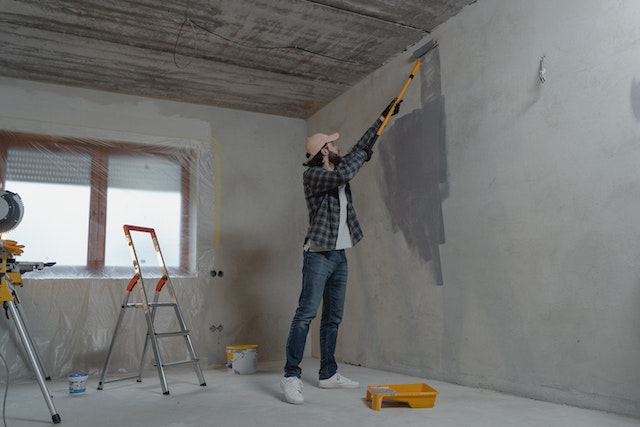
Paint jobs fall under maintenance. The costs required in keeping the property’s curb appeal are the responsibility of the landlord, just like with any other maintenance work.
That is why we specify that tenants should request any paint job on the property in all our leases. The request must be in writing and include the paint color they want. The color must not be anything wild but something neutral as well.
Using the same paint has its benefits
Generally, I use a standard color for all my properties: Revere Pewter by Benjamin Moore. It is a lovely neutral color for any room on your property.
Over the years, I have found that using the same paint has the following benefits:
- We can do touch-ups quickly
- We no longer have to try matching colors
- We save time and money on paint jobs
Because the paint we use is neutral, most tenants like it. But if a tenant asks for different paint color, the lease specifies that they have to paint it back to the standard color before they move out of the unit.
Walls must be painted back to the standard color
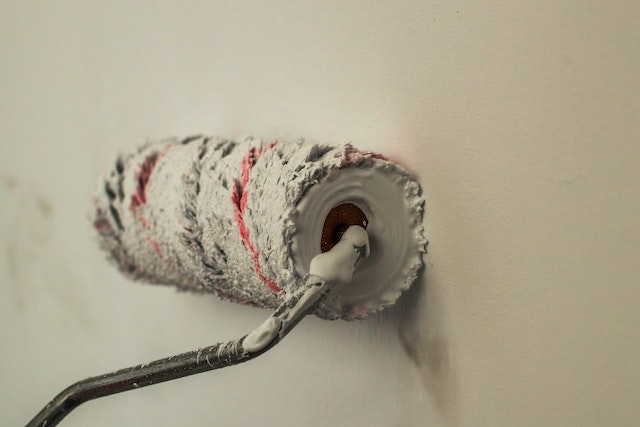
Regardless, we will ask tenants to repaint the walls in our standard colors. In addition, we make sure they know that they are liable for the cost of fixing any damage if the paint job is done incorrectly.
In preparation for our move-out inspections, we provide tenants with an established list of pricing. That way, they know how much work they will be responsible for before they move out. The pricing covers costs for painting a room, a wall, a ceiling, and any form of baseboards in the room.
We also emphasize that we will charge them if they do not paint the walls back to the standard color by a specific date.
The Landlord Tutor Promise
As a landlord and property manager, I have managed over 800+ properties and dealt with countless tenants who wanted to DIY paint jobs on their units.
If you or anyone else you know is looking for guidance on landlord responsibilities, such as dealing with tenants who shouldn’t paint the walls of your property, join the Landlord Tutor community and sign up here.






